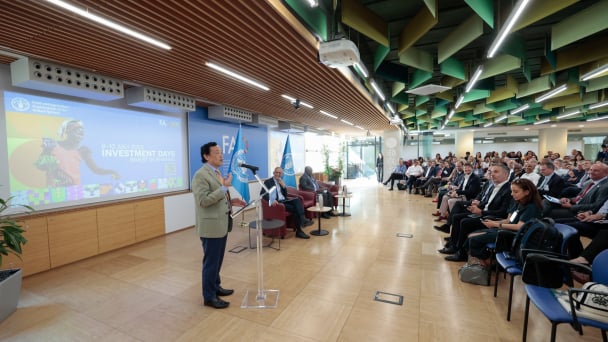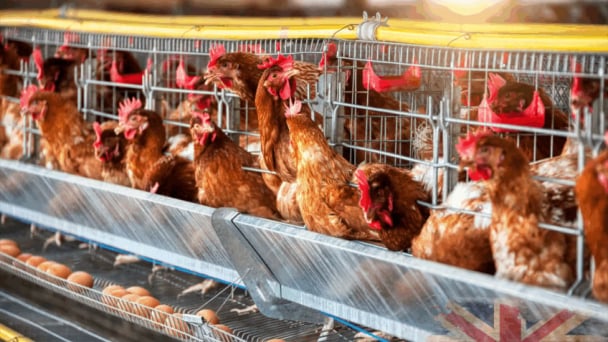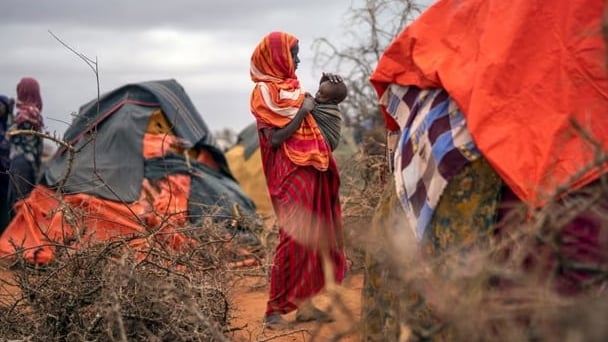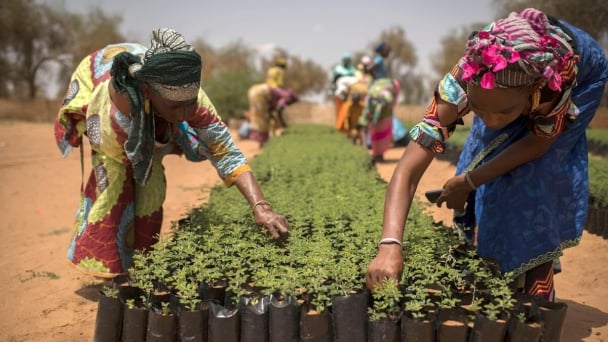July 17, 2025 | 20:07 GMT +7
July 17, 2025 | 20:07 GMT +7
Hotline: 0913.378.918
July 17, 2025 | 20:07 GMT +7
Hotline: 0913.378.918
The mercury in Beijing on Friday (Jun 16) hit a record of 39.4 degrees Celsius for mid-June.
The China Meteorological Administration said the coming days would see temperatures above 37 degrees Celsius in Beijing, adding that "the public should reduce the duration of outdoor activity and beware of heatstroke".
On Thursday, Shijiazhuang in Hebei province became the first provincial capital city to hit 40 degrees Celsius this year, according to state media. Zhangjiakou and Chengde, cities in the same province, also broke temperature records for June, according to CCTV.
By 10am local time on Friday, the Central Meteorological Administration issued a slew of heightened heat warnings. The Tianjin Meteorological Observatory raised its warning level to red with temperatures expected to hit 40 degrees Celsius.
China has experienced higher-than-normal temperatures since March. Weather experts have predicted extreme conditions throughout the country that could eclipse last year's sizzling spell, which lasted for more than two months.
Beijing is under an orange alert for high temperatures - the second-highest warning level.
Road surface temperatures in the capital exceeded 50 degrees Celsius, "which can easily cause road damage, vehicle tyre blowout, spontaneous combustion and other traffic accidents", city meteorologist Lei Lei told Xinhua.
The persistent heat has already put the country's power grid operators on high alert, with some cities in the south warning firms and people to curb usage.
China's National Energy Administration on Thursday staged a power emergency drill on the state grid's East China network, simulating a power surge and outage to prepare early warning and power management mechanisms.
The East China regional grid, which serves economically key cities such as Shanghai and Hangzhou, expects a peak load of more than 397 gigawatts (GW) this summer. That is greater than the total electricity generation capacity of Japan, according to 2021 data from the International Renewable Energy Agency.
Also on Thursday, Shanghai's state-owned energy and water companies released measures to meet the summer season's power and water demands, aiming to prevent potential shortages that hit the country last year.
Last month, Shanghai registered its hottest May day in over a century.
(CNA)

(VAN) Scientists have detected pesticides in rivers, lakes and oceans worldwide. So what are these pesticides doing to the fish?

(VAN) Farmers’ organisations from across the European Union feel that the EU is undermining farmers throughout the Union and call for reason.

(VAN) Director-General urges bigger and deeper thinking to address youth employment challenge.

(VAN) How a system designed to protect the world’s biggest rainforest is funding businesses with a track record of illegal deforestation.

(VAN) Pressure is growing on companies to adopt the cage-free commitment for their egg supplies. Many food companies said their eggs would be from cage-free systems by the end of this year (2025).

(VAN) Water shortages hitting crops, energy and health as crisis gathers pace amid climate breakdown.

(VAN) The initiatives focus on forestry management, fisheries transformation and land restoration.